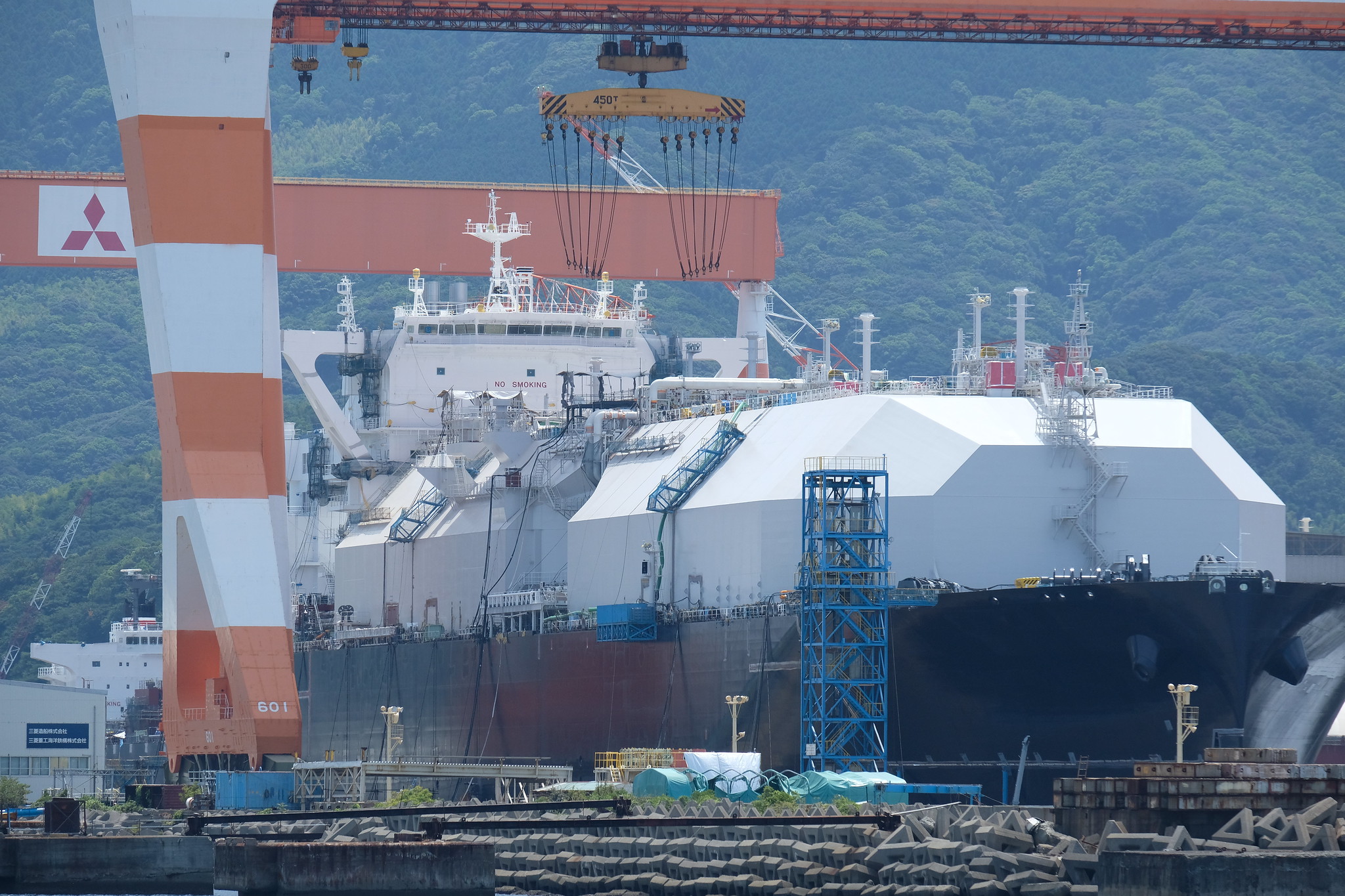The tectonic geopolitical shifts in 2022 brought tremendous changes to global energy markets. While politics reshaped Japan’s energy sources, import data shows that Asia’s second-largest economy also charted a pragmatic course, especially in relation to the purchase of Russian commodities.
The war in Ukraine has led to the creation of two major geopolitical blocs, with each side grouping consumers into categories of “friendly” and “unfriendly” nations. Japan stood with its G7 allies, denouncing Russia’s February 2022 incursion into Ukraine, and took swift action on sanctions.
Altering energy flows in line with political positions, however, has proved challenging, especially since the ensuing market disarray led to a steep rise in commodity prices. What’s more, inflation and rate increases in western markets significantly weakened the yen, restricting Tokyo’s room for maneuver. So, while the import of Russian coal and crude oil slowed, purchases of its LNG actually climbed.
Early trade data from this year indicates that energy pragmatism and security concerns remain Japan’s dominant government and corporate policy. Japan NRG analyzed trade data to see how the new global geopolitical landscape has influenced the energy sector.

